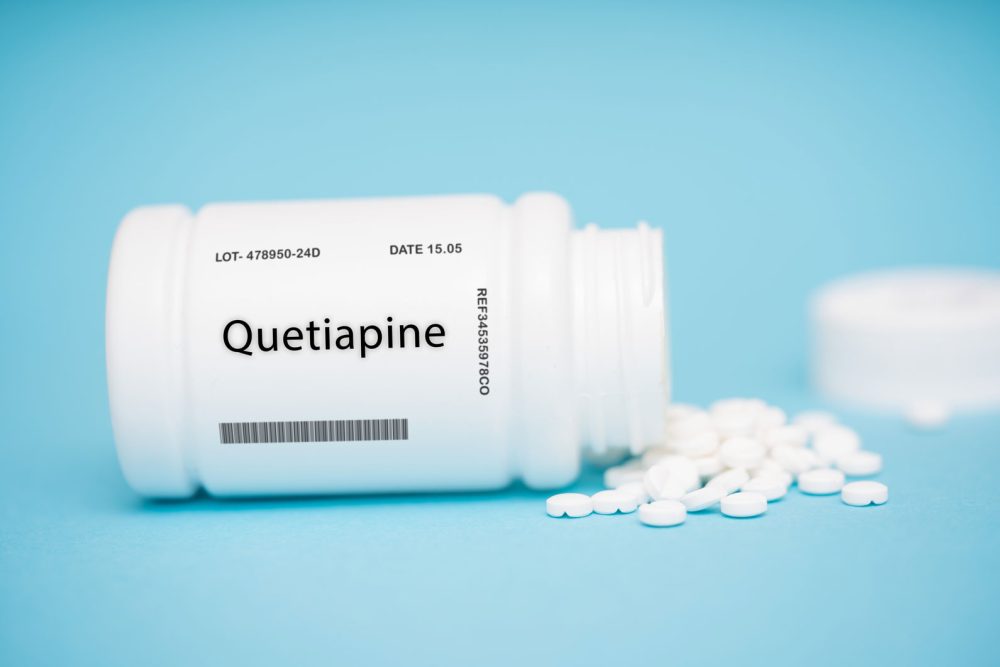Advertisment
Esketamine shows higher efficacy than quetiapine in treatment-resistant depression

Researchers report that patients treated for treatment-resistant depression with esketamine NS (nasal spray), a form of ketamine, achieve better and more durable outcomes than similar patients treated with quetiapine.
The findings were published on October 5 in the New England Journal of Medicine and presented the same week at the annual meeting of the European College of Neuropsychopharmacology.
“This is the first trial to compare this new treatment with a standard existing treatment for treatment-resistant depression, and so it’s a really necessary study. The results are very positive,” said lead author Dr. Andreas Reif, professor of psychiatry at Goethe University in Frankfurt, Germany,
Reif continued, “We were testing patients at two endpoints (goals). The first major endpoint was to understand the proportion of patients who achieved remission after eight weeks. The second was determining the proportion of patients who met the first endpoint and who were relapse free at the end of the trial period (i.e. after 32 weeks). We measured the effects of treatment using a standard depression scale, the Montgomery‑Åsberg Depression Rating Scale.”
The investigators enrolled adult subjects with treatment-resistant depression, all of whom had taken antidepressants, such as an SSRI (selective serotonin reuptake inhibitor) or an SNRI (serotonin and norepinephrine reuptake inhibitor).
They assigned 336 subjects to treatment with esketamine nasal spray plus an SSRI or SNRI, and 340 subjects to quetiapine plus an SSRI or SNRI. Treatment lasted eight weeks, followed by 24 weeks of maintenance therapy.
For the primary endpoint, at eight weeks, 28% of the subjects taking esketamine plus antidepressants had achieved remission compared to 18% remission in the quetiapine-treated group.
At the 32-week secondary endpoint mark, 22% of the subjects taking esketamine plus antidepressants remained in remission, compared to 14% of the subjects treated with quetiapine plus antidepressants.
“There were other differences we saw over time,” said investigator Professor Allan Young of Kings College, London, UK. “For example the patients receiving the esketamine treatment had fewer depressive symptoms than those taking quetiapine. We found that patients receiving esketamine NS were around 1.5 times as likely to experience remission at Week 8 than those receiving quetiapine XR. In addition, esketamine NS‑treated patients were 1.5 times as likely to achieve the key secondary endpoint, remaining relapse free through Week 32. Indeed, by Week 32, approximately half of patients receiving esketamine NS were in remission, while two thirds were responders, emphasising the importance of continuing treatment in those who do not achieve remission in the acute phase”.
Commenting on the findings, Dr Josep Antoni Ramos-Quiroga from Vall Hebron University Hospital (CIBERSAM) and Autonomous University of Barcelona, Spain said, “The results of this study show the superior response and safety of esketamine nasal spray when compared with quetiapine. This gives people with treatment-resistant depression more safe treatment options.”





